HPE GreenLake gets the agentic AI treatment
New AI tools and a wide-ranging agentic AI framework could take GreenLake to the next level

Ross Kelly
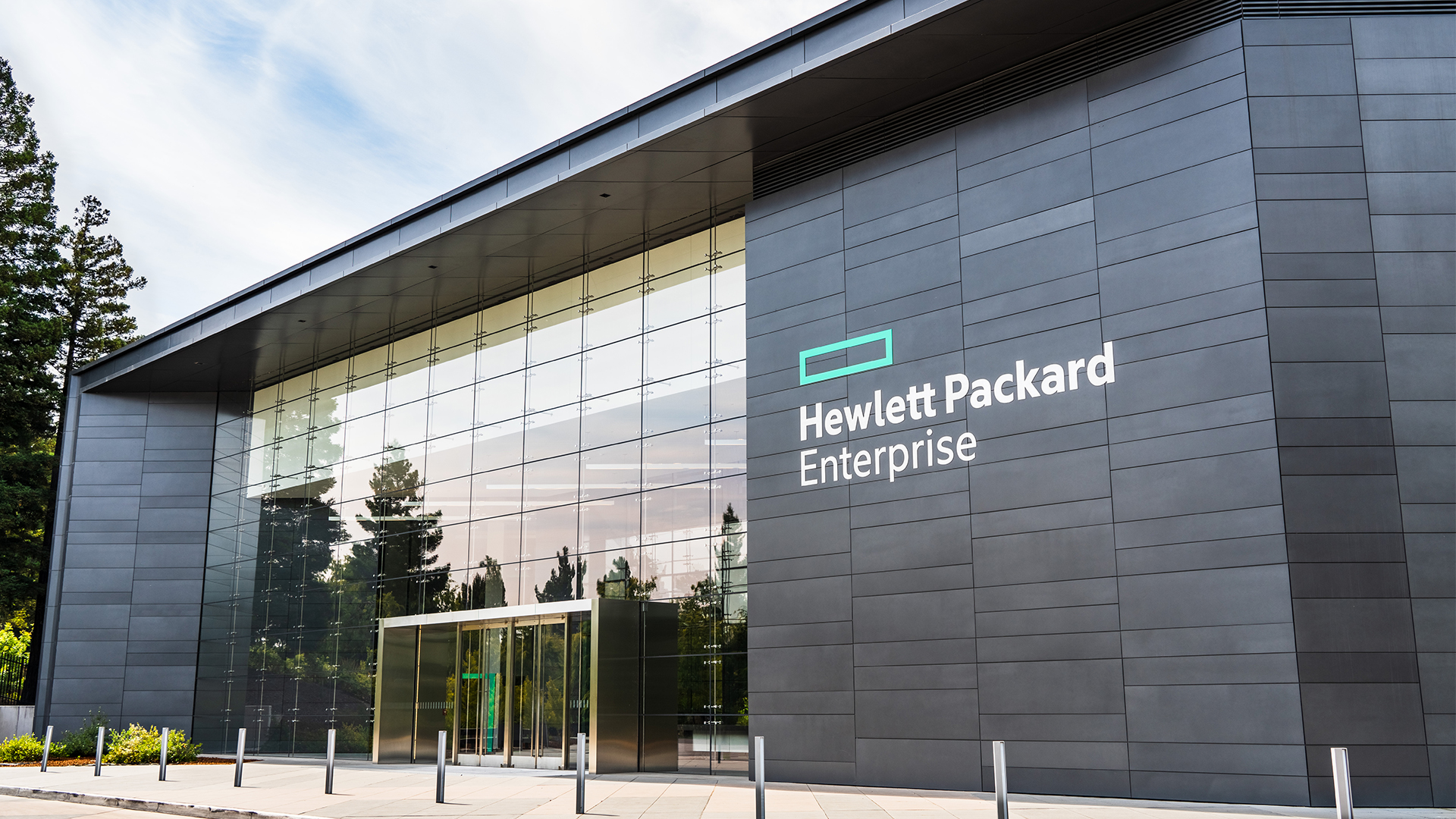
Sign up today and you will receive a free copy of our Future Focus 2025 report - the leading guidance on AI, cybersecurity and other IT challenges as per 700+ senior executives
You are now subscribed
Your newsletter sign-up was successful
HPE has unveiled a suite of new AI agents and related tools for its GreenLake hybrid cloud at its annual conference in Las Vegas..
GreenLake is HPE's hybrid cloud, offering the utility of a public cloud using on-premise infrastructure. First announced in 2018, GreenLake has been expanded with new features in the intervening years, with support for large language models and generative AI added in 2023.
Now, with the release of GreenLake Intelligence, these systems will transform into an "agentic AI powered hybrid cloud capable of learning, acting and optimizing IT in real time," the company says.
GreenLake Intelligence is an AIOps framework to enable agents in hybrid cloud operations. With agentic AI used across almost all infrastructure layers, this aims to help bolster management of networking, observability, cloud costs, sustainability, and workload optimization.
The system will be accessed through a dashboard called ‘GreenLake Copilot’ which allows users to deploy custom AI agents based on specific individual tasks. In a briefing with assembled media ahead of the conference, journalists were told how agents could be assigned to provision infrastructure, for example.
Others, meanwhile, can be tasked with optimizing workload efficiency to improve performance and reduce costs.
HPE says the AI framework will enable companies to make better use of their infrastructure by overcoming complexity, breaking down silos, and easing the burden of overworked staff — as well as dealing with the challenge of legacy infrastructure.
Sign up today and you will receive a free copy of our Future Focus 2025 report - the leading guidance on AI, cybersecurity and other IT challenges as per 700+ senior executives
"HPE is reimagining hybrid IT as only we can do, catapulting organizations from the era of hybrid complexity to the era of agentic-AI-powered cloud operations,” said HPE chief executive Antonio Neri.
"HPE’s new vision for hybrid IT is fueled by agentic intelligence at every layer of infrastructure, so enterprises can realize their boldest ambitions and achieve previously impossible levels of IT operations performance and efficiency."
Agentic AI tools for the cloud
Agentic AI is being rolled across the breadth of the HPE solutions portfolio, with Aruba Networking also set for a major boost. As part of the move, the platform will now have an in-built conversational copilot assistant to help drive security, the company says.
"Accessed through the new multi-modal, conversational networking copilot, HPE Aruba Networking Central can provide precise root-cause analysis and guided or automated remediation for complex network and security issues," the company says.
Next up on the agentic AI treatment is HPE OpsRamp Software. This first received an operations copilot last year, but the company is now expanding agentic capabilities to tackle root-cause analysis, capacity planning, and more.
Using AI agents, enterprises can monitor and streamline compute, networking, storage, and virtualization, the company notes.
"While maintaining human in the loop oversight, OpsRamp will enable key agentic capabilities including conversational product help and agentic command center that enables AI/ML based alerts, incident management and root-cause assistance," HPE explains.
Elsewhere, HPE confirmed GreenLake cloud services for financial operations and sustainability will get integrated GreenLake Intelligence features. This includes new workload capacity and optimizer capabilities, as well as new agentic tools aimed at monitoring consumption analytics and sustainability metrics.
GreenLake Intelligence won't all be available immediately, but "delivered through ongoing continuous innovation across the HPE portfolio," the company says.
The GreenLake Copilot beta will be available in the third quarter of this year, as will the agentic mesh for HPE Aruba Networking Central.
MORE FROM ITPRO
- HPE just announced huge changes to its channel programs
- HPE eyes enterprise data sovereignty gains with Aruba Networking Central expansion
- HPE unveils Mod Pod AI ‘data center-in-a-box’ at Nvidia GTC
Freelance journalist Nicole Kobie first started writing for ITPro in 2007, with bylines in New Scientist, Wired, PC Pro and many more.
Nicole the author of a book about the history of technology, The Long History of the Future.
- Ross KellyNews and Analysis Editor
-
 AWS CEO Matt Garman isn’t convinced AI spells the end of the software industry
AWS CEO Matt Garman isn’t convinced AI spells the end of the software industryNews Software stocks have taken a beating in recent weeks, but AWS CEO Matt Garman has joined Nvidia's Jensen Huang and Databricks CEO Ali Ghodsi in pouring cold water on the AI-fueled hysteria.
-
 Deepfake business risks are growing
Deepfake business risks are growingIn-depth As the risk of being targeted by deepfakes increases, what should businesses be looking out for?
-
 Veeam and HPE eye simplified data resilience with expanded alliance
Veeam and HPE eye simplified data resilience with expanded allianceNews The pair’s latest collaboration sees the introduction of next-gen data protection services to help eliminate risk across modern enterprise applications
-
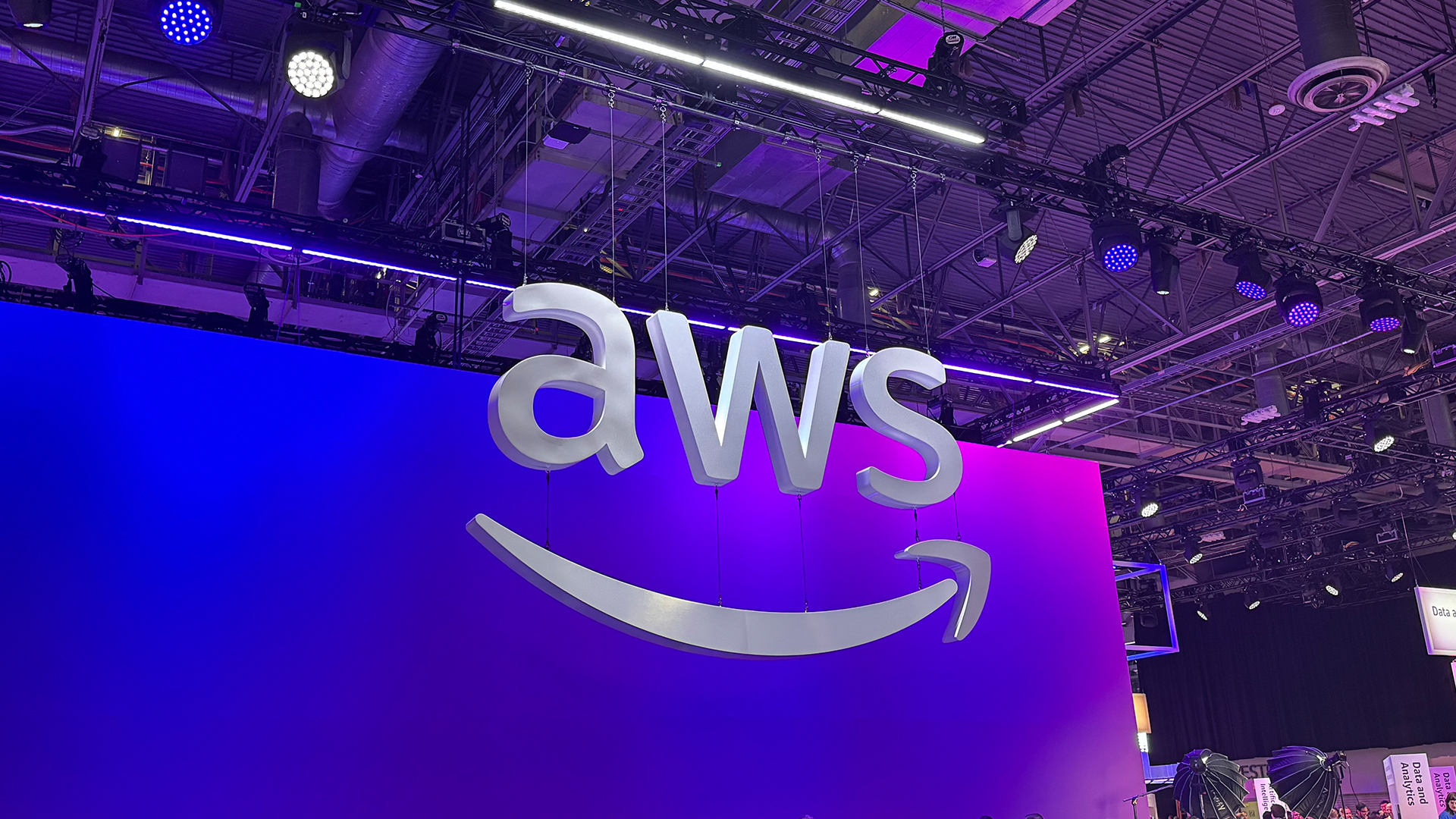 AWS re:Invent 2025 live: All the news and announcements from day two in Las Vegas
AWS re:Invent 2025 live: All the news and announcements from day two in Las VegasLive Blog Keep tabs on all the latest announcements from day-two at AWS re:Invent 2025 in Las Vegas
-
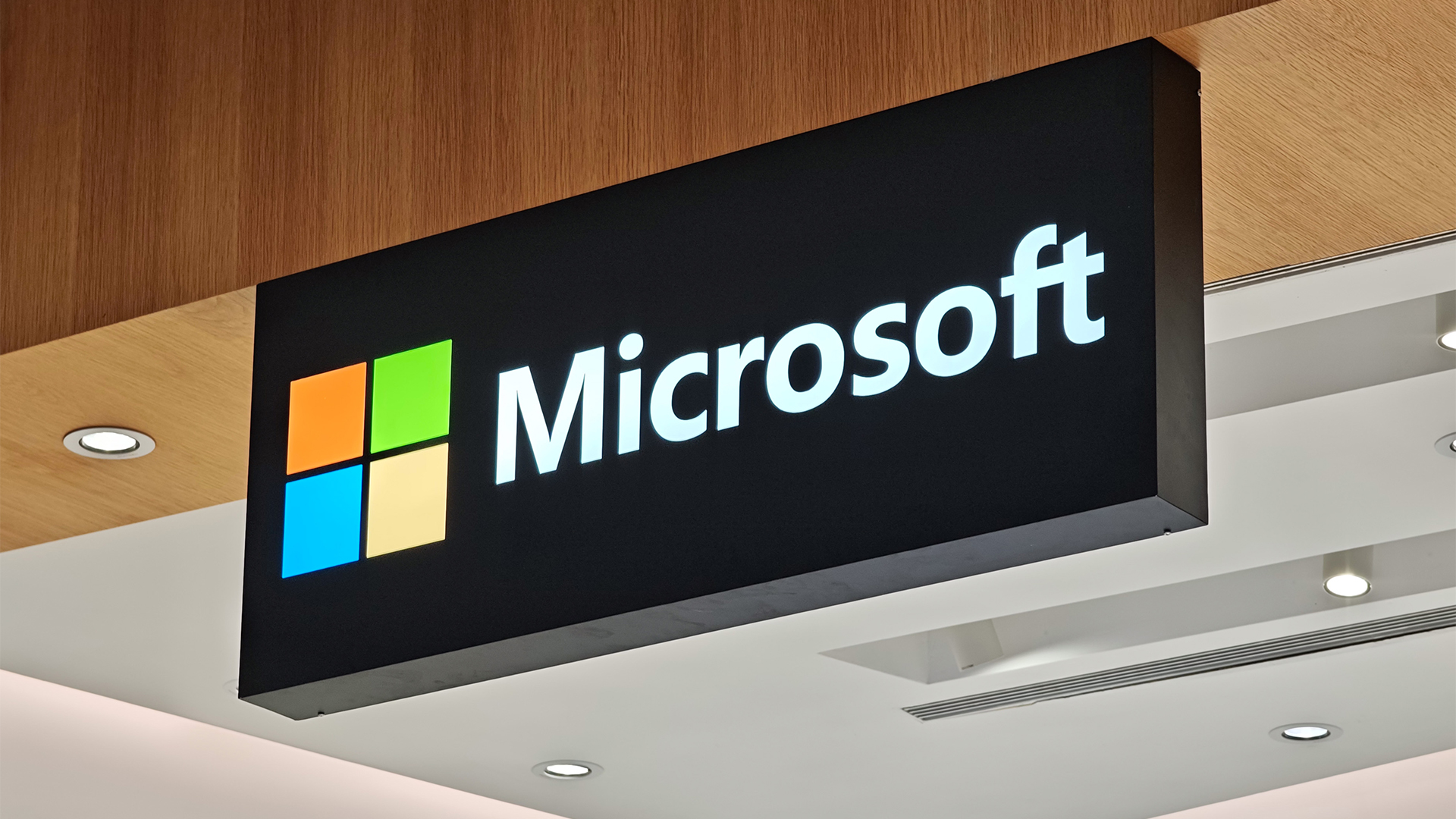 Microsoft’s new ‘marketplace’ lets customers pick and choose cloud, AI solutions
Microsoft’s new ‘marketplace’ lets customers pick and choose cloud, AI solutionsNews The Microsoft Marketplace looks to streamline customer access to AI and cloud services
-
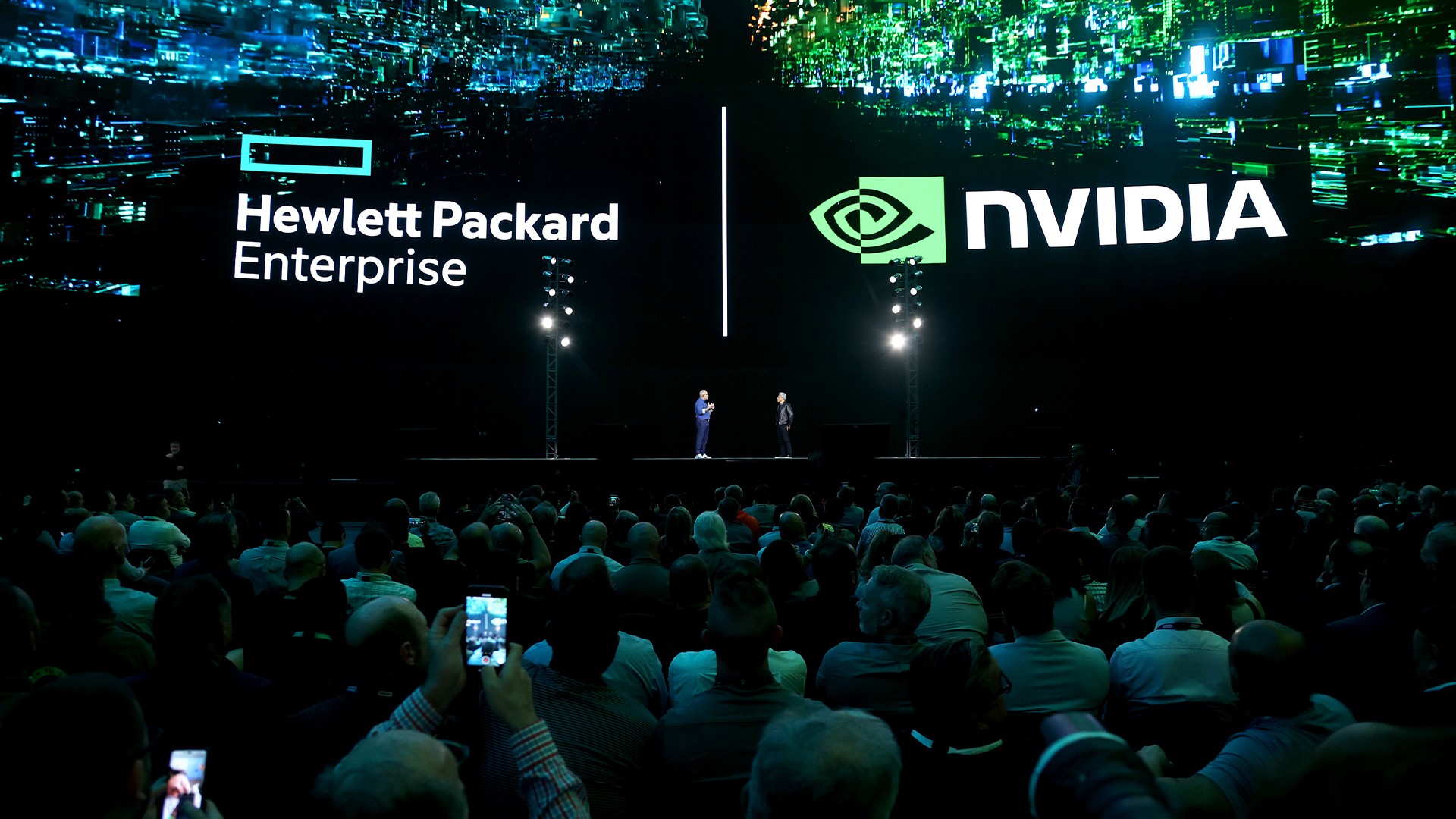 HPE just announced bold new additions to its Private Cloud service, including Nvidia Blackwell GPUs
HPE just announced bold new additions to its Private Cloud service, including Nvidia Blackwell GPUsNews HPE has announced an expansion to its Nvidia Computing by HPE portfolio, including the latest Nvidia hardware designed for AI.
-
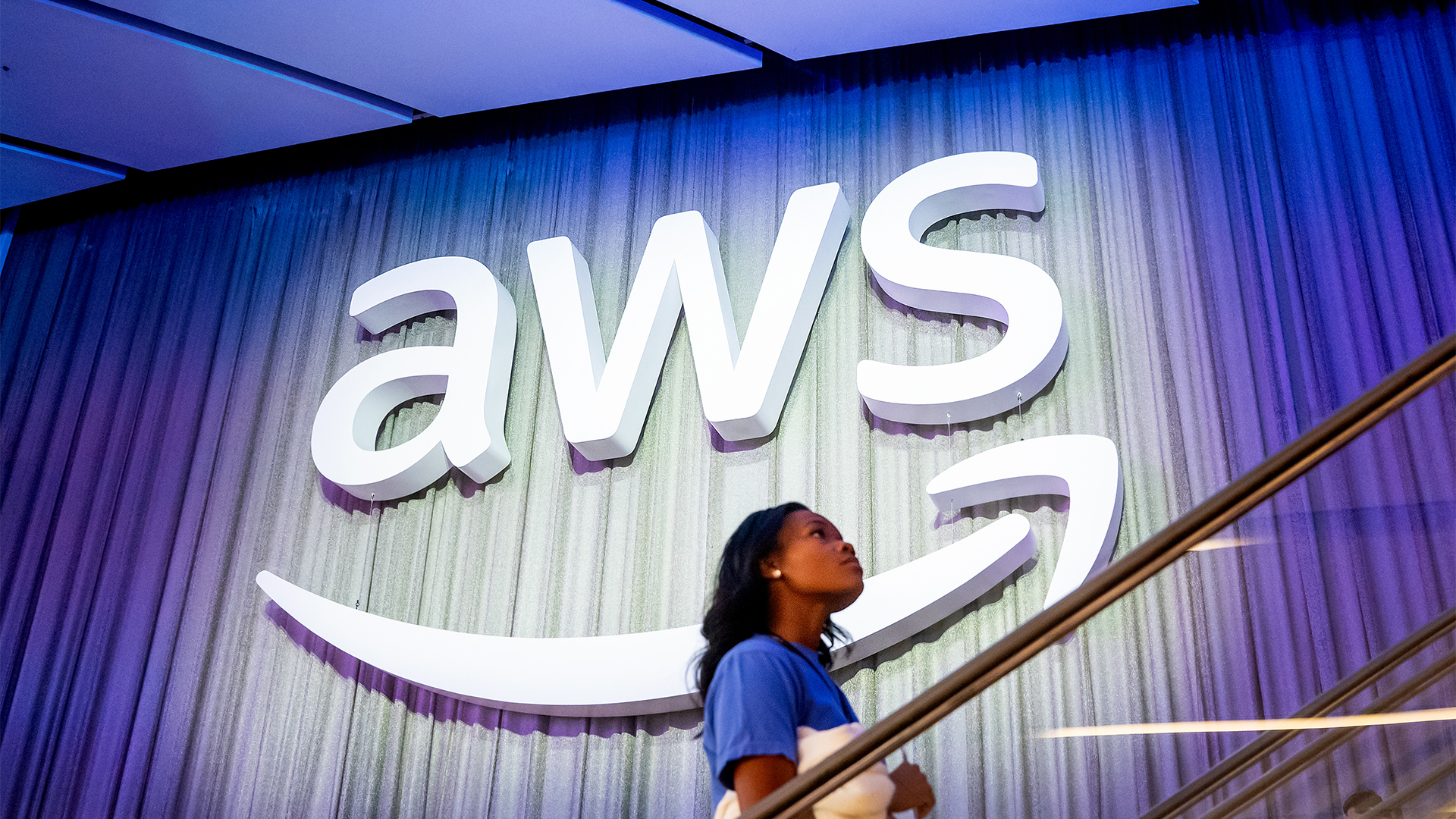 Three of the biggest announcements from AWS Summit New York
Three of the biggest announcements from AWS Summit New YorkNews AWS may be known as a cloud services provider, but its pivot to AI services has taken the limelight
-
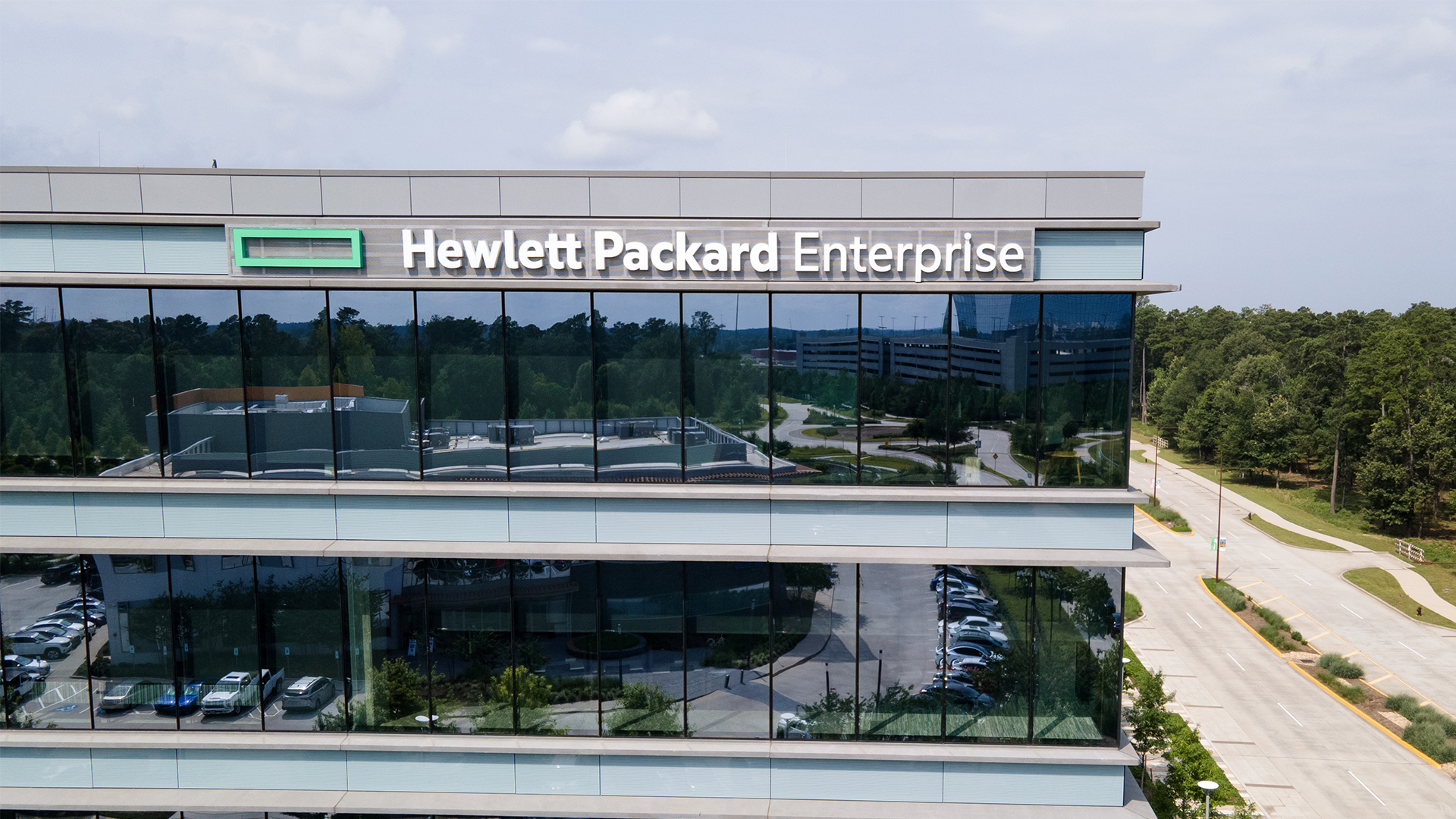 HPE takes aim at VMware with latest VM Essentials play
HPE takes aim at VMware with latest VM Essentials playNews Company claims using its own hypervisor can reduce “up to 90% of VM license costs”
-
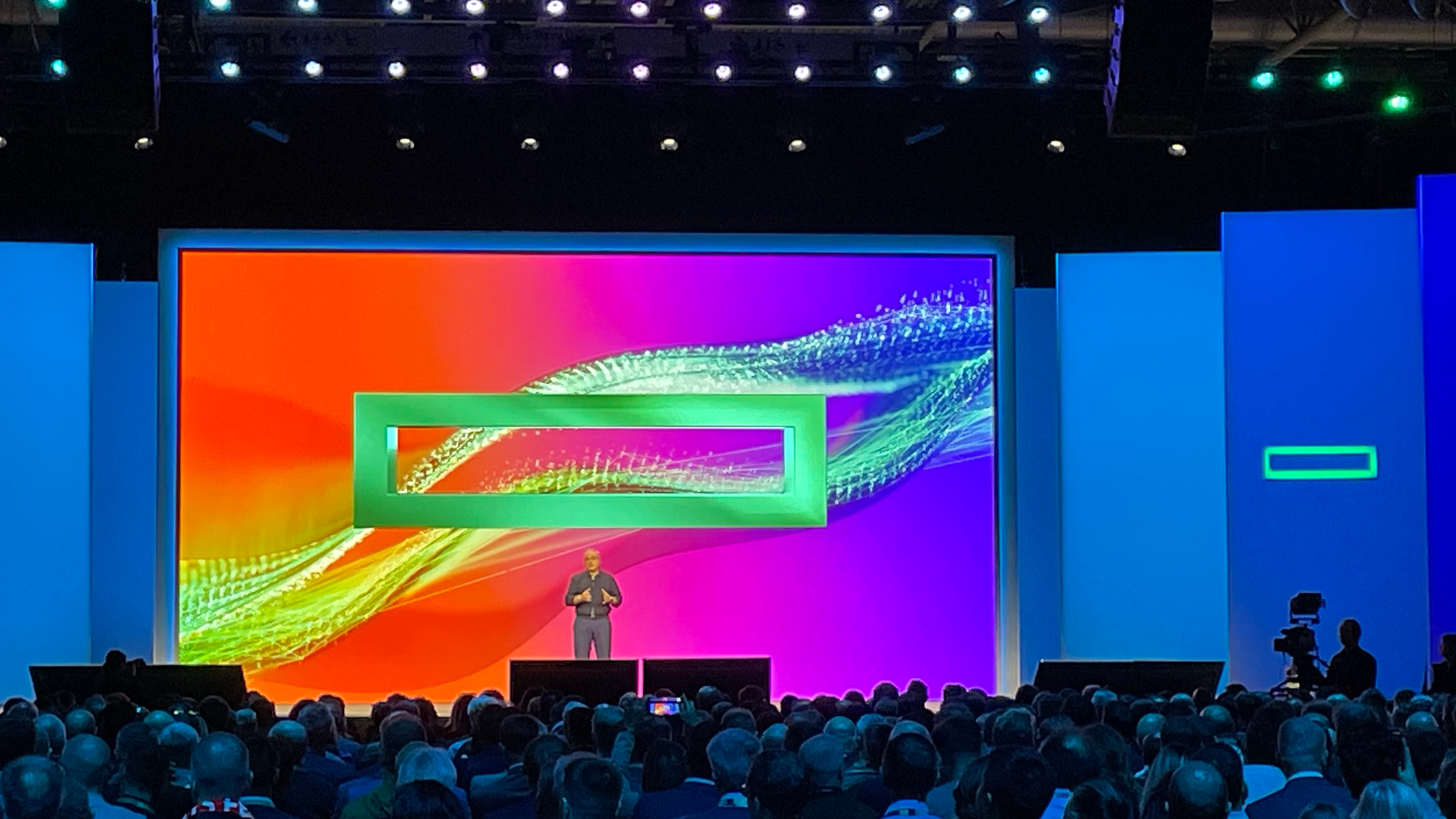 HPE announces VM Essentials – the VMWare competitor that isn’t
HPE announces VM Essentials – the VMWare competitor that isn’tNews Execs at HPE Discover acknowledge Broadcom issues, but deny they’re in competition
-
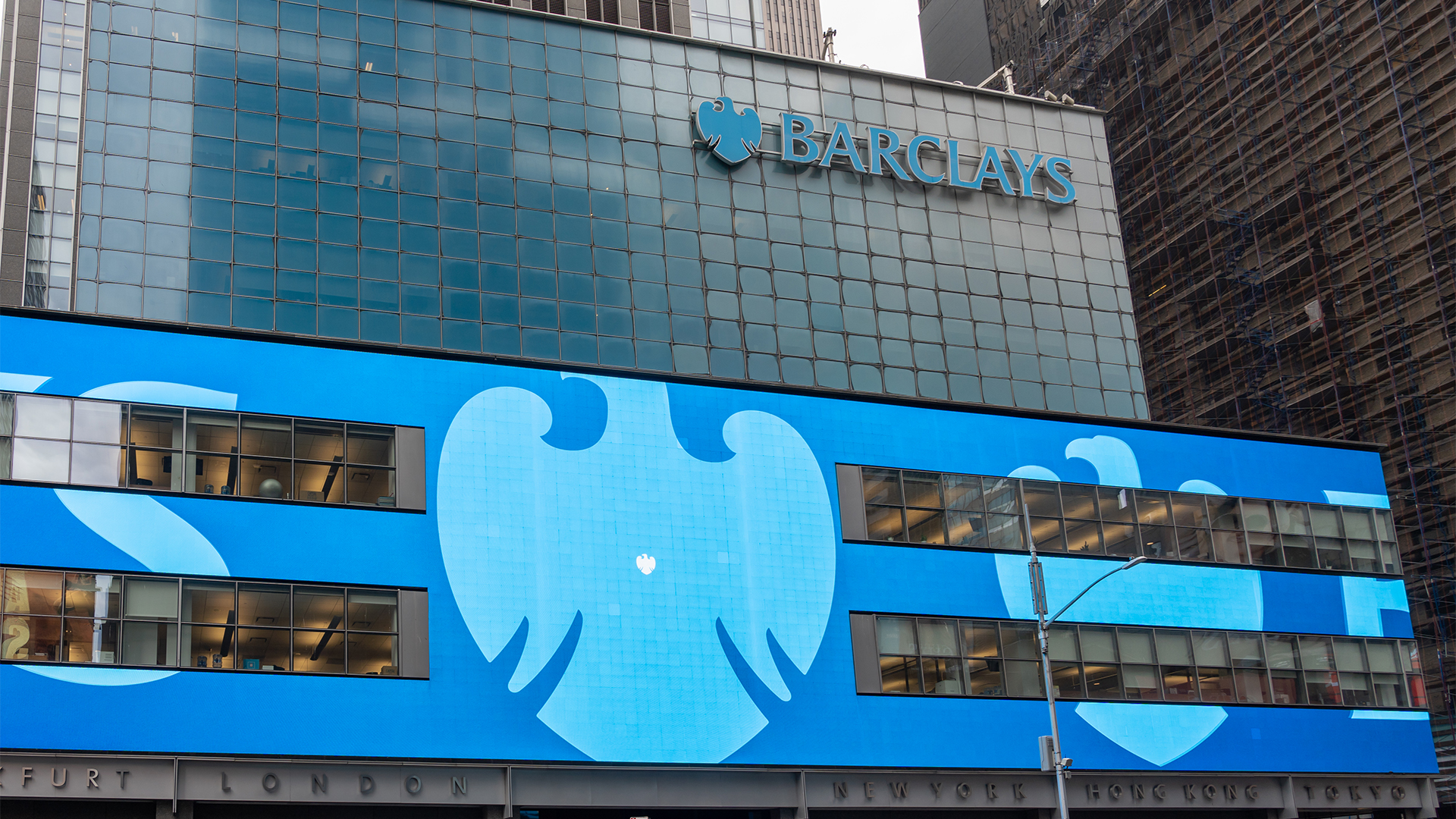 Barclays extends HPE GreenLake contract amid “significant acceleration” of hybrid cloud strategy
Barclays extends HPE GreenLake contract amid “significant acceleration” of hybrid cloud strategyNews The pair will step up their collaboration to drive private cloud efficiencies using AI and other new technologies
